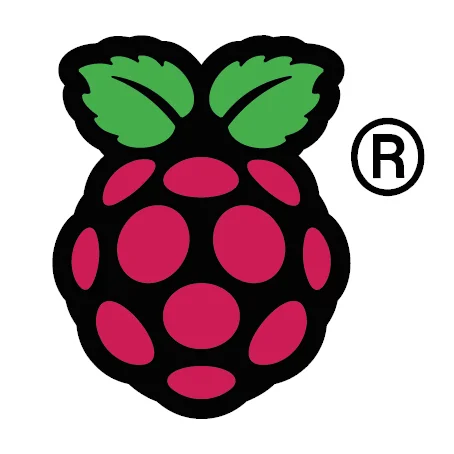Raspberry Pi OS Updated For Debian 11 Bullseye, Desktop Transitions To GTK3+Mutter

Raspberry Pi OS has shifted its package base from Debian 10 to Debian 11 now that Bullseye is out as stable and in good shape the past few months. Besides upgrading the underlying packages against the new Debian release, Raspberry Pi OS has finished migrating its own desktop components from GTK2 to GTK3. The Raspberry Pi desktop should now be in good shape and happily running on GTK3. GNOME's Mutter has also replaced Openbox as the window manager used on Raspberry Pi OS.
Raspberry Pi OS isn't yet using Wayland by default but with the shift to GTK3 and Mutter they are inching in that direction but still have more work to do before that transition.
This big Raspberry Pi OS update also switches to using the Broadcom KMS kernel driver by default rather than their former proprietary driver, there is a new camera driver for the RPi camera module using libcamera, and more. Those with a Raspberry Pi 4 Rev 6 (8GB models and recent 2GB / 4GB models) will also see the turbo mode clock bump from 1.5GHz to 1.8GHz for offering better performance.
More details on this big Raspberry Pi OS update and downloads via RaspberryPi.com. I'll have some Raspberry Pi OS comparison benchmarks out shortly on Phoronix.
35 Comments

